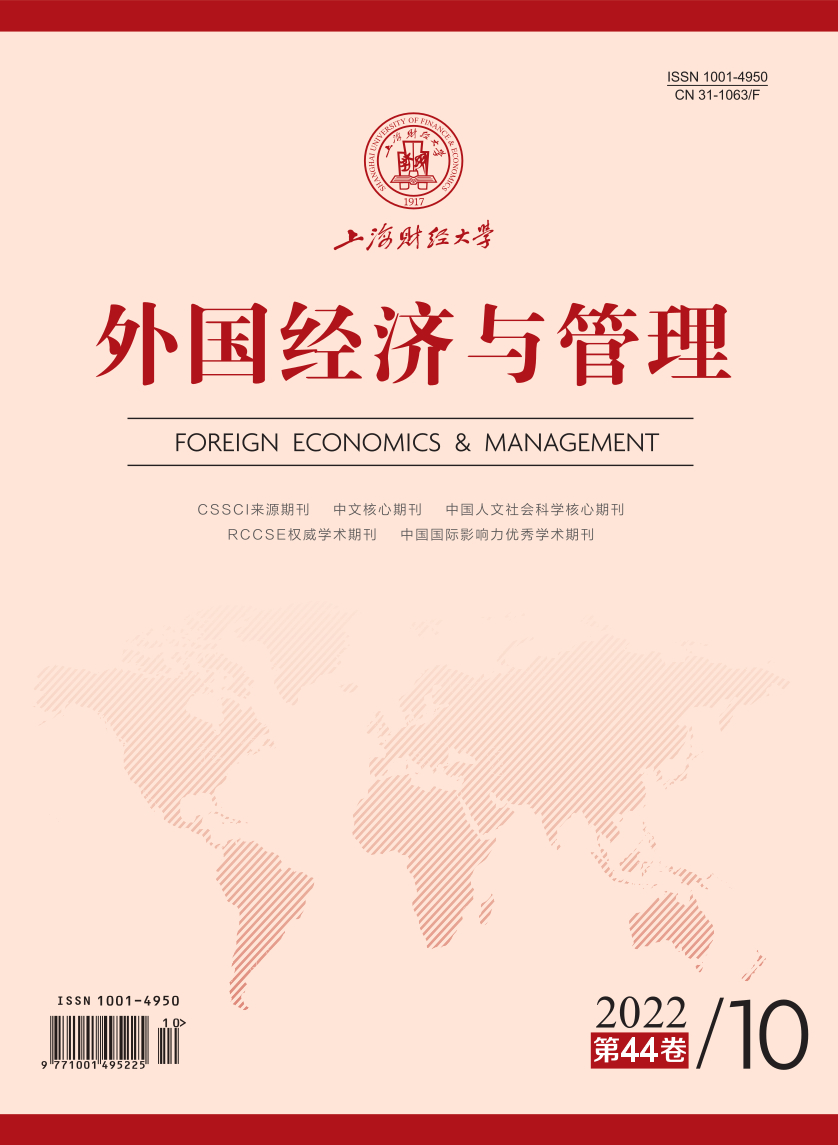As the digital economy plays an increasingly important role in economic development, the academic interpretation of the “boom” of digital economy development still lags behind the practice. How to clarify the driving factors of China’s digital economy can not only provide assistance for the high-quality operation of the digital economy, but also contribute to developing the theory that conform to the characteristics of China’s digital economy development. Considering that the digital economy is an important socio-technical and institutional phenomenon, coupled with the fact that the foothold of the digital economy lies in corporate digital technological transformation, it is particularly critical to examine the causes of digital transformation from the institutional perspective. However, few existing studies examine the causes of digital transformation from the institutional level, which provides an important starting point for this paper.
Using the “smart city policy” as a quasi-natural experiment, this paper examines the impact of pilot smart cities on the digital transformation of China’s listed companies from 2007 to 2019. The conclusions are as follows: First, pilot smart cities significantly promote corporate digital transformation. In other words, the level of corporate digital transformation in pilot smart cities is significantly higher than that in non-pilot smart cities due to the policy bonus. Second, economic mechanism tests suggest that smart city construction mainly relies on “technological capital accumulation” and “human capital aggregation”, which provide a significant impetus for corporate digital transformation. Third, heterogeneity analysis shows that the enhancement effect of smart city policy on corporate digital transformation is more significant in non-state-owned enterprises, traditional industries, and developed financial markets.
The contributions of this paper are as follows: (1) Existing literature mainly focuses on the economic consequences of corporate digital transformation, while ignoring the driving factors. Based on the institutional change theory, this paper discusses the relationship between pilot smart cities and corporate digital transformation, which is conducive to the development of institutional change theory. (2) Existing literature mainly explains corporate digital transformation from the perspectives of fiscal, industry, and entrepreneurial social network, while the essential role of “elements” in driving corporate digital transformation remains scant. This paper examines the economic mechanism of pilot smart cities on corporate digital transformation through the two paths of “fund” and “talent”, providing a logical theoretical explanation for the causes of digital transformation. (3) This paper discusses the differences in the policy effect of China’s smart city construction on corporate digital transformation, aiming to explore which types of enterprises benefit from smart city construction. This paper provides a theoretical explanation for the current digital transformation boom of Chinese enterprises from the perspective of institutional change theory, and offers a practical basis for the government to formulate “targeted” digital incentives.





 4718
4718  8103
8103

